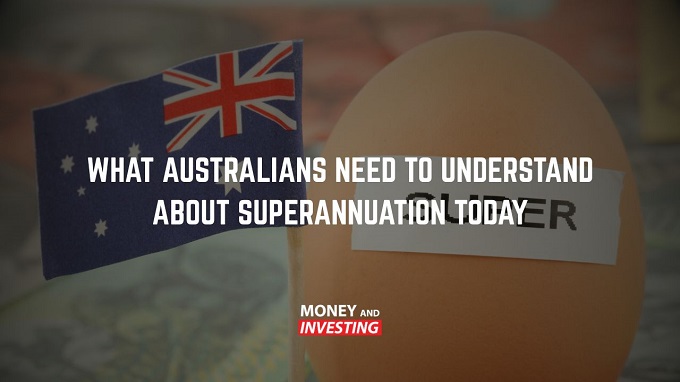Ponzi Schemes Uncovered: A Deep Dive into the World's Biggest Financial Frauds - Andrew Baxter
Ponzi schemes, named after the infamous fraudster Charles Ponzi, have plagued the financial world for decades. These fraudulent investment schemes promise high returns to investors, luring them with the prospect of quick and easy profits. However, behind the façade of success lies a web of deceit and manipulation. In this article, we will delve into the world's biggest Ponzi schemes, uncovering the mechanics behind these scams and the devastating consequences they inflict on unsuspecting victims.
One of the most notorious Ponzi schemes in history was orchestrated by Bernie Madoff. Madoff's fraudulent investment operation spanned over several decades, amassing billions of dollars from unsuspecting investors. Promising consistent and impressive returns, Madoff cleverly exploited his reputation and connections in the financial industry to lure in high-profile clients. The scheme collapsed in 2008 when investors, seeking to withdraw their investments during the financial crisis, discovered that their funds had vanished. Madoff was subsequently arrested and sentenced to 150 years in prison.
Another massive Ponzi scheme that shook the world was operated by R. Allen Stanford. Through his company Stanford Financial Group, Stanford convinced thousands of investors to invest in certificates of deposit (CDs) with promises of high returns and safety. However, in reality, Stanford was using new investments to pay off earlier investors, while siphoning off millions for personal use. The scheme unraveled in 2009, leading to Stanford's arrest and a lengthy legal battle. The victims, many of whom lost their life savings, faced significant financial hardship.
The case of Charles Ponzi himself is a classic example of the Ponzi scheme. In the early 1920s, Ponzi promised investors massive returns through international postal reply coupons. He claimed to exploit the price difference between international currencies, but in reality, he was using new investments to pay off old investors. Ponzi's scheme collapsed in 1920, resulting in widespread financial ruin for those who had invested their hard-earned money. Ponzi was eventually convicted and spent several years in prison.
Ponzi schemes operate on a simple principle: promising consistent, high returns that are unattainable through legitimate means. They often rely on the recruitment of new investors to pay off older ones, creating a cycle of deceit and dependence. To avoid falling victim to such scams, it is essential to exercise caution and conduct thorough due diligence before investing.
One key red flag to watch out for is the promise of unusually high or guaranteed returns. Investments that consistently outperform the market or offer returns that seem too good to be true should be approached with skepticism. Additionally, be wary of investment opportunities that lack transparency or have vague explanations of how profits are generated.
Verifying the legitimacy of the investment firm or individual is crucial. Research their credentials, track record, and any regulatory oversight they are subject to. Check if they are registered with relevant financial authorities and if their claims align with industry norms.
Diversifying your investments is another important strategy to mitigate the risk of Ponzi schemes. By spreading your investments across different asset classes and institutions, you minimize the impact of any potential fraud. Investing only what you can afford to lose is also a fundamental principle to protect your financial well-being.
Lastly, if you suspect or become aware of a Ponzi scheme, it is crucial to report it to the appropriate authorities. This helps protect others from falling victim and assists in the investigation and prosecution of the fraudsters involved.
In conclusion, Ponzi schemes have left a trail of devastation and financial ruin in their wake. The world's biggest Ponzi schemes serve as a reminder of the importance of due diligence, skepticism, and diversification when it comes to investing.

Comments
Post a Comment